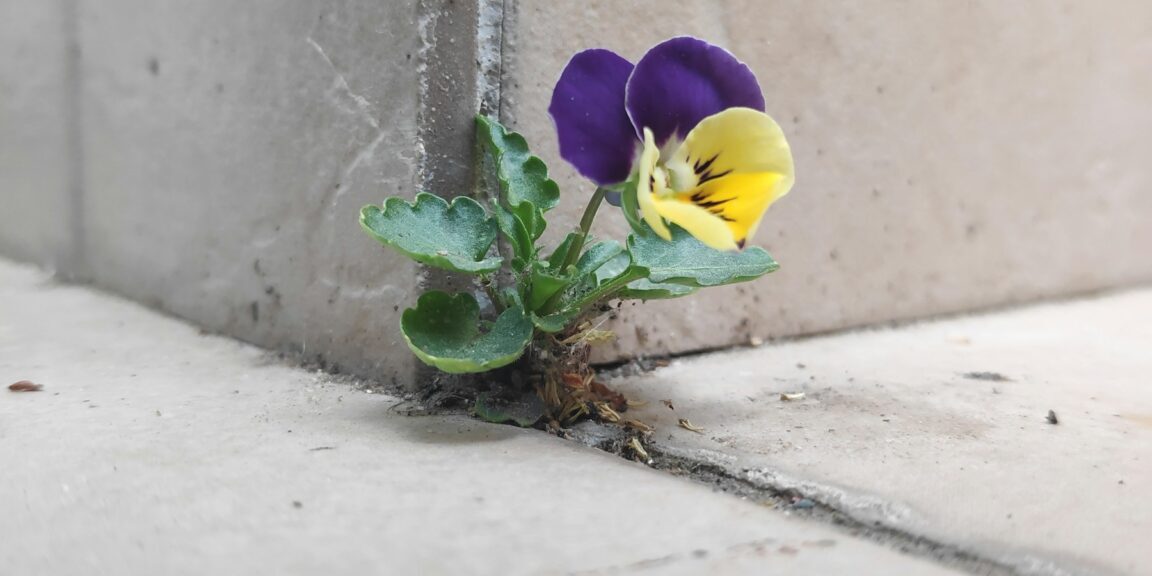Building Daily Resilience

Finding resilience in life means forging strategies that are always available. Having every-day restorative practices is equivalent to balancing the nervous system to be less in fight or flight mode and more in rest and digest mode. Practicing often and regularly in small doses builds healthy neural pathways.
“Neurons that fire together wire together.” Hebb’s Law
Winter is the time of year to build Yin, which means resting and restoring energy. We can translate this into boosting the immune system and effectively improving general health. The two most accessible and yet significant ways to do this are through breath and sleep.
Neuroimmunology is complicated, but the fundamental principle to remember is to do what nourishes you.
“Anything that lowers your body’s tension decreases inflammatory markers.” Dr. David Hanscom, M.D., chronic pain specialist.
Napping: If you’re tired, take a nap. Even just resting for 20 minutes can rejuvenate you physically and mentally. Andrew Huberman, a neuroscientist at Standford University, states that during a moderately deep state of rest, referred to as delta-wave or stage 3, there is rapid perfusion of the cerebrospinal fluid in the cranium. This means your brain gets an influx of nutrients and improves waste removal.
Breathing: It is an automatic function, but a conscious practice can ameliorate the stress response in the body, which involves chronic cortisol production, imbalances in blood sugar, and generating inflammation. Practicing a calming form of breathwork can keep your regulatory systems in check. All you need is a simple technique that slows down the breathing process.
- Box breathing is an easy technique for promoting a calm, focused state: Inhale 4 seconds, hold 4 seconds, exhale 4 seconds, hold 4 seconds.
Inhaling through your nose is vital, from airflow being warmed and spun in the sinus turbinates to the direct calming effect on the autonomic nervous system. It also tones the pharyngeal muscles (the region behind your sinuses and back of your throat) that contribute to snoring and sleep apnea. BREATH is an excellent book by James Nestor, an investigative journalist, with tons of information about the benefits of nasal breathing with his personal experience of health issues.
- A technique I learned in mountaineering that is great in a tight spot of high stress or exertion is to pretend you’re holding a match at arm’s length. Forcefully exhale as if trying to blow out the match, then let the backdraft of your inhale come in through your nose. Oxygen is pulled deeper into your lungs and will slow your breathing.
Don’t forget to carve out time for regular Acupuncture treatments, which help balance the sympathetic and parasympathetic aspects of the autonomic nervous system, thereby supporting the immune system. 2020 significantly contributed to scientific research, and I look forward to future research on recovery from the COVID-19 pandemic.
Some research:
